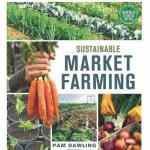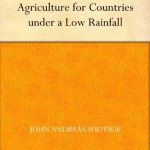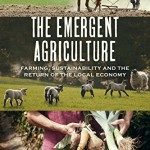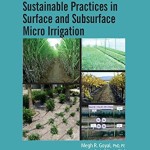
Across North America, an agricultural renaissance is unfolding. A growing number of market gardeners are emerging to feed our appetite for organic, regional produce. But most of the available resources on food production are aimed at the backyard or hobby gardener who wants to supplement their family’s diet with a few homegrown fruits and vegetables. Targeted at serious growers in every climate zone, Sustainable Market Farming is a comprehensive manual for small-scale farmers raising organic crops sustainably on a few acres.
Informed by the author’s extensive experience growing a wide variety of fresh, organic vegetables and fruit to feed the approximately one hundred members of Twin Oaks Community in central Virginia, this practical guide provides:
- Detailed profiles of a full range of crops, addressing sowing, cultivation, rotation, succession, common pests and diseases, and harvest and storage
- Information about new, efficient techniques, season extension, and disease resistant varieties
- Farm-specific business skills to help ensure a successful, profitable enterprise
Whether you are a beginning market grower or an established enterprise seeking to improve your skills, Sustainable Market Farming is an invaluable resource and a timely book for the maturing local agriculture movement.
Pam Dawling is a contributing editor with Growing for Market magazine. An avid vegetable grower, she has been farming as a member of Twin Oaks Community in central Virginia for over twenty years, where she helps grow food for around one hundred people on three and a half acres, and provides training in sustainable vegetable production.



